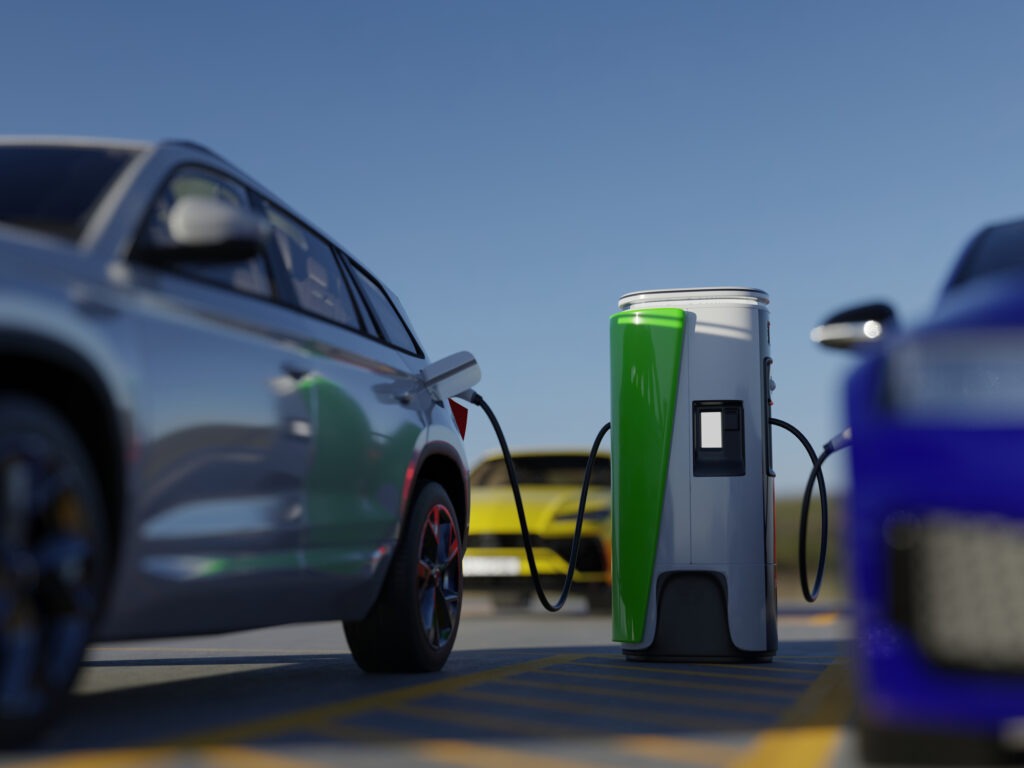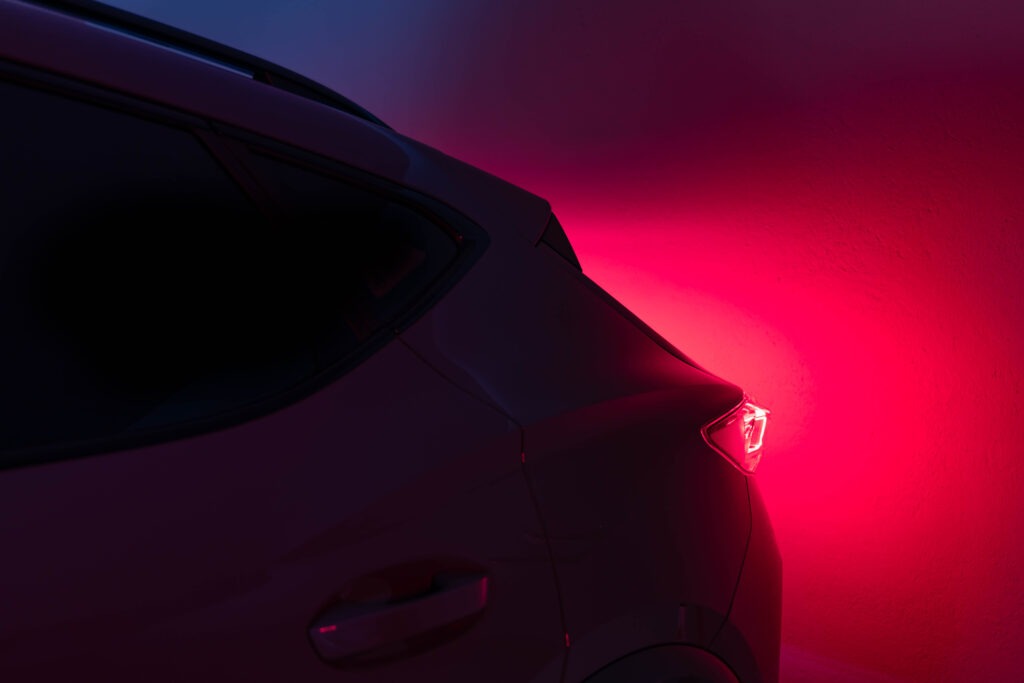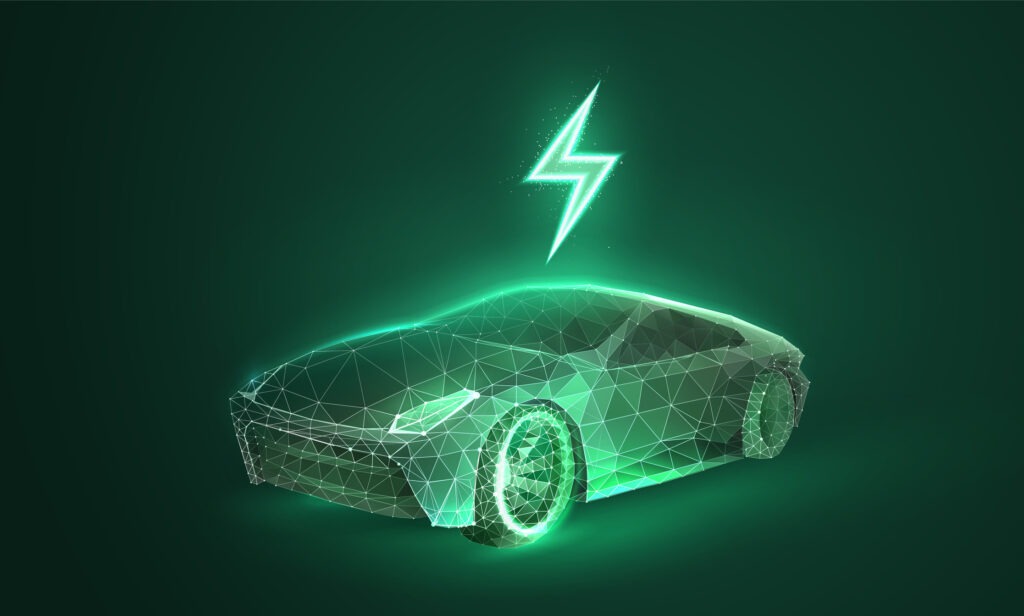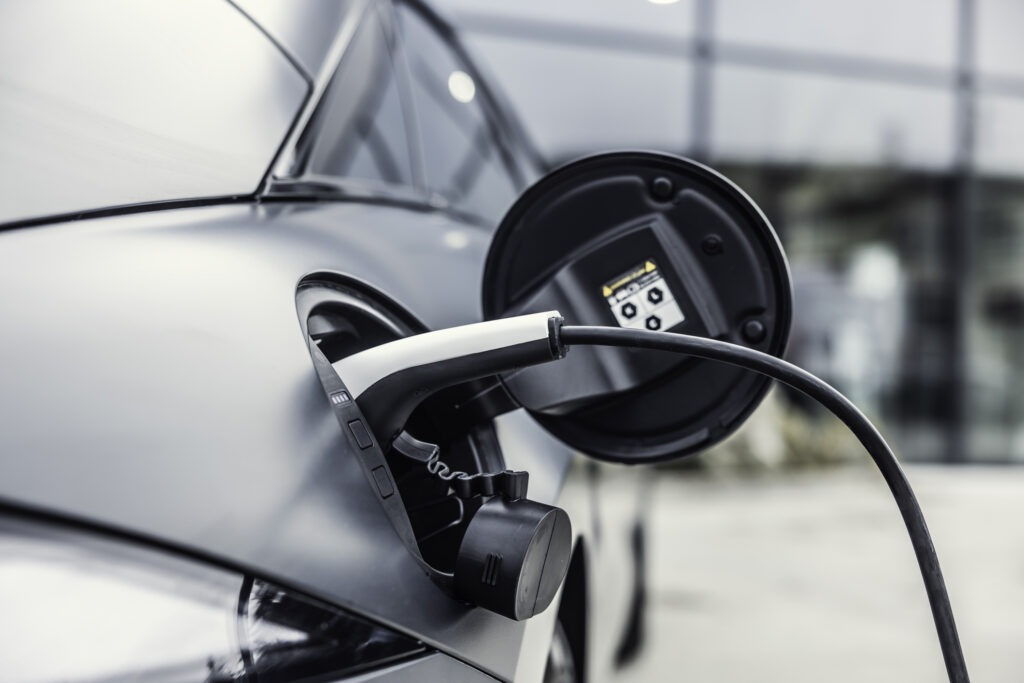Which car brands sold the most EVs in July?
18 September 2024

The global electric vehicle (EV) market was dominated by plug-in hybrid (PHEV) registrations in July. But which brands emerged as the biggest sellers? José Pontes, data director at EV Volumes, explores the figures with Autovista24 special content editor Phil Curry.
With a dominant display in the global EV market during July, BYD topped the brand table in the month. The Chinese brand was comfortably ahead of its nearest rival, Tesla.
BYD has been cutting prices in recent months, as it looks to bring its battery-electric vehicles (BEVs) and PHEVs in line with its internal-combustion engine rivals. This has made its EVs more affordable compared to other manufacturers.
This helped BYD take nine of the top 12 spots in the best-selling EV chart in July. Although the carmaker failed to dislodge the Tesla Model Y from first, its combined registrations total, including those outside the top 20, totalled 328,178 units.
BYD therefore took a 24.4% share of the global EV market in the month. This means nearly a quarter of BEV and PHEV sales belonged to the Chinese carmaker.
Some distance behind
In second place, Tesla recorded 117,732 across the world in July. This represented 8.8% of the EV market in the month, some distance behind BYD.
The brand is reliant on the best-selling Model Y and the Model 3 for the majority of its sales. The brand’s figures in July were helped by additional deliveries of the Cybertruck, which is now running at around 4,000 units per month.
BMW has been a regular top-three finisher this year, but in July it lost out to Li Auto, which recorded 51,000 registrations in the month. The carmaker was the only one to break the domination of BYD and Tesla in the top-12 models chart, with its L6 reaching eighth place. In total, it claimed a 3.8% market share in July.
Close competition between brands
BMW did not place any model in the top-20 table. This meant it ended the month with 44,154 units and a 3.3% share of July’s global EV market. The German marque could now face competition across the wider 2024 table.
In fifth, Aito recorded 39,552 sales with a 2.9% EV market share. The carmaker is looking to compete with Li Auto and will hope to pick up the pace of deliveries in the coming months. Another rival, Wuling, recovered after a poor performance in June. It ended July in sixth, with 38,419 units, just over 1,000 behind Aito.
Further down, in the second half of the table, Leapmotor rose to 13th, with 22,168 registrations. This was the brand’s best performance so far this year, placing it above Chinese competitors Chery in 14th (21,227 units), Changan in 16th (20,860 units), Nio in 18th (20,681 units) and Dongfeng in 19th (20,046 units).
The gap between 15th and 19th was just under 900 units, while nearly 9,400 units separated 10th from 20th. This illustrates the competitive nature of the current EV market. China dominated the table, with 11 brands in the top 20. More established carmakers, such as Ford, Peugeot and Jeep, did not place in the table during July.
BYD powers ahead
Across the first seven months of the year, BYD had almost double the sales of Tesla, with over 1.8 million registrations and a 21.7% market share. The carmaker looks certain to retain the top spot across the rest of the year, especially with its current pricing strategy keeping it competitive.
Likewise, second spot looks secured for Tesla as the year closes out, based on its performance between January and July. The US marque posted 947,481 registrations, claiming an 11.1% market share.
This was over three-times more than third-place BMW. The carmaker delivered 311,491 EVs globally across the first seven months of the year, equating to just 3.7% of all plug-in registrations.
Benefitting from its strong performance in July, Li Auto climbed to fourth, with 254,884 deliveries in the year to date. It beat Wuling into fifth place (247,928 units). Meanwhile, Volkswagen (VW) was the leading legacy brand, in sixth with 235,493 EVs registered.
Mercedes-Benz down ranking for brands
Aito climbed to seventh, thanks to 223,012 registrations across the period. This meant the Chinese startup pushed Mercedes-Benz into eighth, with the German company delivering 217,425 EVs globally.
In the lower half of the top 20, Toyota benefitted from SAIC’s poor performance, climbing to 14th with 141,599 deliveries. The Chinese brand dropped to 15th, as it added little to its tally in July, ending the seven-month period with 140,614 units.
SAIC is reliant on its MG4 in the EV market, which means the brand struggles should the model have a slow month. However, with the new HS featuring a PHEV powertrain, it may be able to steady the slowdown in registrations.
Leapmotor jumped into 18th with 109,168 registrations in the first seven months of 2024. Its joint venture with Stellantis could help both brands build momentum in the months ahead.
Potential for change
Grouping brands under their respective parent companies, BYD gained ground in the first seven months of the year. This was thanks to its pricing strategy and new model launches.
It claimed a 22.8% market share, thanks to over 1.9 million deliveries. This was up by 0.4 percentage points (pp) from the first six months of the year and 1pp from 12 months ago. The group was also the only OEM in the top 10 to gain share.
Tesla, which relies on its single brand as an OEM, took an 11.1% market share between January and July. This was enough to give it second place, but was down 0.5pp on last month’s figures and 3.4pp year on year.
Geely-Volvo was third with a 7.8% share, up 1.7pp compared to the same point last year, but down 0.1pp against June. The group reached 666,205 registrations in the first seven months of the year.
While Tesla’s position looks safe until the end of the year, the drop in share across the 12-month period will be concerning. This could lead to closer competition between itself and Geely-Volvo in 2025.
The US carmaker will be hoping its refreshed Model Y performs successfully, while the Chinese group will have a large number of new-vehicle launches next year.
Loss for VW Group
VW Group lost share with its 6.1% hold down by 0.2pp month on month and 1.3pp down year on year. The OEM delivered 521,312 plug-ins to customers from January to July.
This allowed SAIC to close in slightly, with the Chinese brand taking 5.1% of the global market across the first seven months of the year. This was just 0.1pp down and 0.5pp off its figures from a year ago. SAIC recorded 435,001 registrations in the year to date.
In sixth, BMW Group lost ground to its competitors, making up 3.9% of the market, down 0.1pp from June’s report. Chagan, in seventh, remained stable with a 3.8% share and is closing in on the German marque.
Stellantis continued to decline, with a 0.1pp drop to capture 3.6% of the EV market. This was 1.1pp down on figures from 12 months prior.
The multinational group is at risk of losing another position as the year progresses, with Hyundai Motor Group ending July on a 3.5% market share. The Korean OEM is closing in on Stellantis, which needs its cheaper EVs, including the Citroen e-C3 and Opel Frontera EV, to land successfully.
BEV focus
Looking at just the BEV market, Tesla remained in the lead with a 17.6% share of the global market between January and July. However, the carmaker lost 0.5pp compared to June and 3.3pp against the same period last year. BYD finished second with 15.9%, up 0.3pp year on year.
BYD may catch and surpass Tesla in early 2025. However, for this year, the Chinese group is focusing on its PHEV line-up, which may ease pressure on the US marque across the remainder of 2024.
This was evidenced by BYD’s BEV registrations declining by 4% year on year to around 130,000 units. Meanwhile, its PHEV models scored their fifth record performance in a row, delivering around 200,000 units.
Geely–Volvo (7.5% share) remained stable, thanks to good results across its lineup of brands. Comparing the OEM’s performance to where it was 12 months ago, made visible progress, jumping from a 5.7% share from 12 months ago.
VW Group (6.9% share) finished fourth, but with SAIC closing in (6.8% share), it could face a battle for the position by the end of the year. Sixth-placed BMW Group (4.5% share) remained stable, followed by seventh-placed Hyundai Motor Group (4.2% share).




